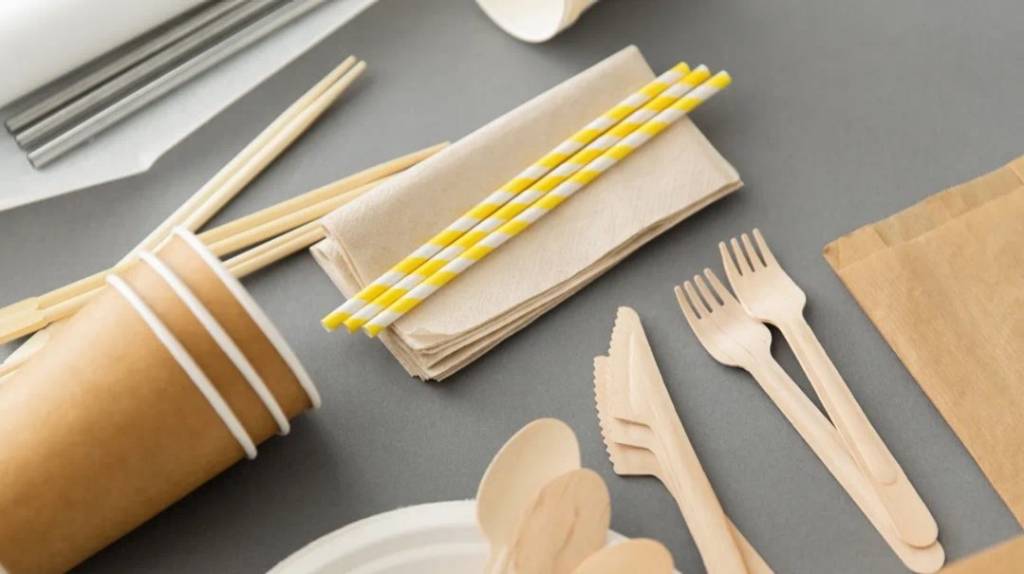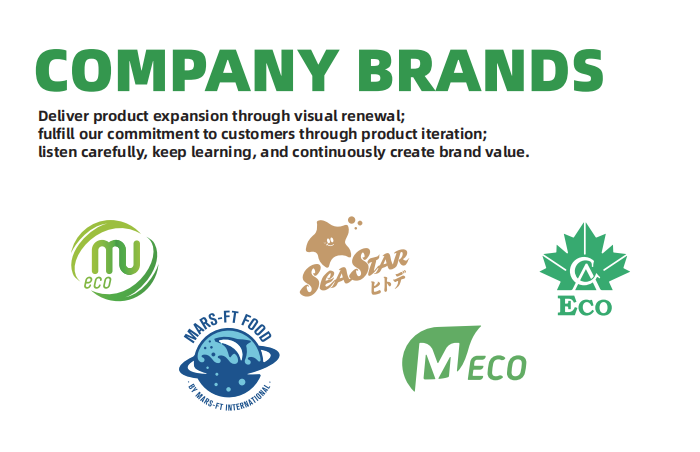At Mu-eco, we recognize the paramount importance of sustainable development.
Since 2016, we have been steadfast in our commitment to experimenting with new materials to replace traditional plastic pellets. With substantial investment in research and development, we have successfully engineered a range of alternatives that align with our sustainability goals.
Our “PP(Polypropylene)” Material
Our PP material, developed through rigorous research, stands out as a non-toxic, harmless, biodegradable, and heat-resistant substitute for conventional plastic pellets. This innovation represents a significant step forward in our quest for eco-friendly solutions. Furthermore, we have ventured into the realm of paper packaging as a replacement for traditional foam, along with various polymer materials.


These polymer materials, including polyvinyl alcohol, polycaprolactone, and polylactic acid, possess biodegradable properties and can be broken down by microorganisms under composting conditions. Through our dedication to innovation and sustainability, we are proud to offer a diverse array of eco-friendly alternatives that cater to the evolving needs of our clients and the global market.
Biodegradable materials will be widely applied in packaging, catering, agriculture, and other fields.
The production and use of environmentally friendly materials should adhere to the following principles: prioritize the use of renewable resources, reduce energy consumption and environmental pollution; optimize production processes to improve resource utilization efficiency; promote circular economy models to achieve efficient resource utilization.
Green Life
As we continue to evolve and adapt to the changing times, we firmly believe that Mu-eco will play a pivotal role in promoting sustainable development. With a relentless commitment to research, development, and environmental stewardship

we are poised to lead the way towards a circular economy where resources are utilized responsibly and waste is minimized. Together, let us embark on this journey towards a greener, more sustainable future


